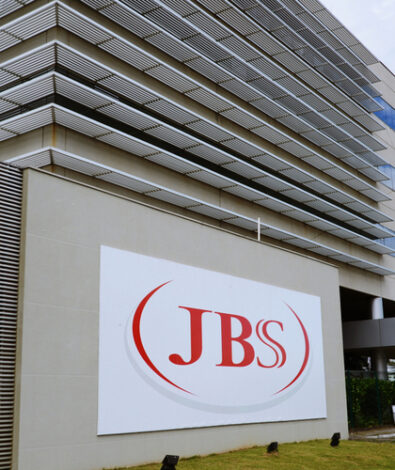Inflation: UAC increased prices of products by 75% to 100% to protect margins – Fola Aiyesimoju

The Group Managing Director of United African Company (UAC), Fola Aiyesimoju has stated that the company has had to increase prices by on average 75% to 100% to sustain profit margins.
Mr. Aiyesimoju said this during the investor call on the company’s financial performance in the first half of the year.
While responding to questions on how much the company has increased prices to protect margins, the Managing Director stated that the 75% to 100% increase varies across product categories.
He said, “The short answer across the board as you know we have so many products across different categories would be between 75% to 100% on average but it varies quite meaningfully the way you go about it say this product has increased by 75% to 100%.”
UAC Nigeria’s financial performance in H1, 2024
- In the first half of 2024, UAC Nigeria reported a pre-tax profit of N15 billion for the first half of 2024, reflecting a remarkable 373% increase compared to the N3.16 billion recorded during the same period in 2023.
- The company’s financial statement for the period ending June 30, 2024, shows that revenue reached N83.3 billion, representing a 57.5% year-on-year growth from N52.9 billion in H1 2023. In the second quarter alone, UAC Nigeria posted a revenue of N42.7 billion, up 51% from the N28.3 billion reported in Q2 2023.
- UAC Nigeria holds majority ownership in Grand Cereal Limited, Livestock Feeds, UAC Foods, Mr Biggs, Debonairs Pizza, and CAP Plc. Additionally, the group has minority stakes of 42.85% in UPDC Plc and 43% in MDS Logistics.
- Together, UPDC Plc and MDS Logistics generated a net profit of N1.18 billion in the first half of the year, with UAC’s share amounting to N475.4 million.
Inflation in Nigeria
In the past one year, inflation in Nigeria has risen to a 28-year high with the consumer goods section the worst hit as food inflation soared to 40% as of June 2024. In response to this, major consumer goods brands from beverages to food and household products have been forced to adjust prices to mitigate against eroding profit margins.
A recent report by NielsenIQ shows that Nigeria’s Fast-Moving Consumer Goods (FMCG) market experienced a 17.4% drop in transaction volumes this year, as consumers grapple with rising costs. The report, which analysed market performance and consumer behaviour up to March 2024, highlighted a deeper decline compared to the 4% reduction seen in 2023.
In response to the crisis, the federal government has implemented social intervention initiatives, including cash transfers, low-interest loans for businesses—particularly manufacturers—and grants to support MSMEs and other sectors.



